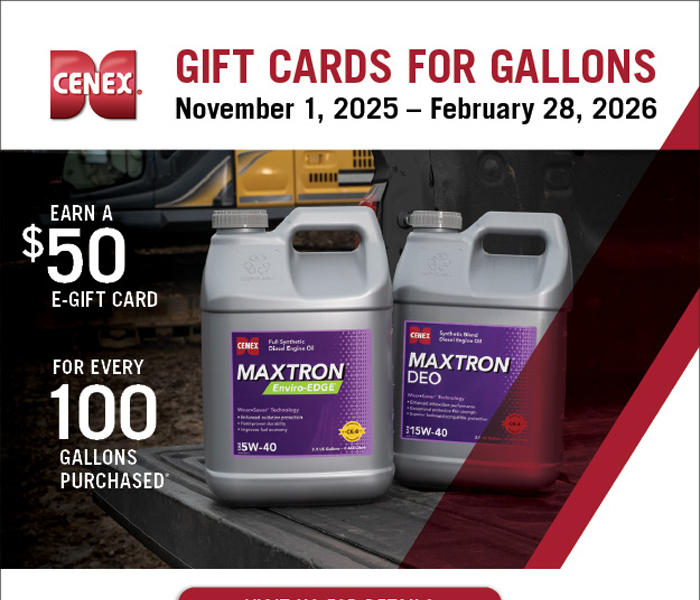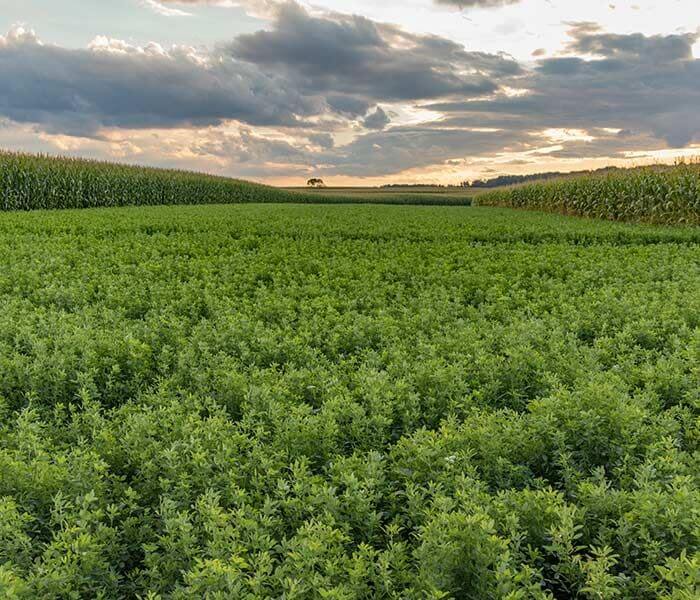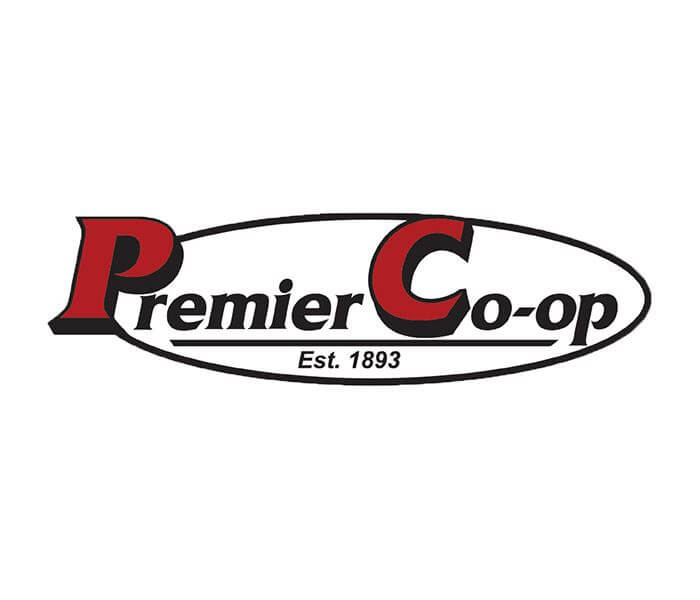As alfalfa fields push through their second and third cuttings, now is the time to stay alert for mid-season challenges that could impact quality and yield. From insect pressure to in-season nutrient demands and harvest planning, Premier Cooperative agronomists are sharing timely strategies to help growers finish strong.
Insect Scouting is a Must
With warming temperatures, populations of potato leafhoppers, aphids, and alfalfa weevils can escalate quickly. “It’s important to scout regrowth early and sweep regularly,” said Jeff Jackson, Agronomist with Premier. “Even before you see damage, pests may already be feeding.”
Threshold-based treatments using products like Arctic®, Grizzly® Too, or Steward® offer broad-spectrum insect control. For enhanced performance, agronomists recommend tank-mixing with MAX-IN® Boron and MASTERLOCK® to boost coverage and leaf penetration.

Fertility is Far from Over
After first or second cuttings, alfalfa stands pull significant nutrients from the soil—particularly potassium, sulfur, and boron. “Post-cut applications, based on crop removal and tissue testing, can keep plants healthy through late summer,” said Jackson.
Micronutrient support with MAX-IN® products and well-timed plant growth regulators can add efficiency to each spray pass. “Combining your insecticide, fungicide, and nutrition makes sense when time and labor are tight,” he added.

Harvest Timing with HarvXtra®
For growers using HarvXtra® alfalfa, summer offers a flexible window to maximize either yield or forage quality—without the typical trade-off. "You can delay cutting by several days without a loss in quality, giving you more weather and labor flexibility," Jackson explained.
However, harvest timing still matters. “Letting plants get too tall—past 28 inches—can lead to lodging, especially if a storm rolls through. Sticking to a solid harvest plan helps avoid surprises,” he noted.

Get Local Support
Premier Cooperative agronomists are ready to help with sweep net scouting, tissue sampling, and tank mix planning.
This article was provided by Winfield United.






